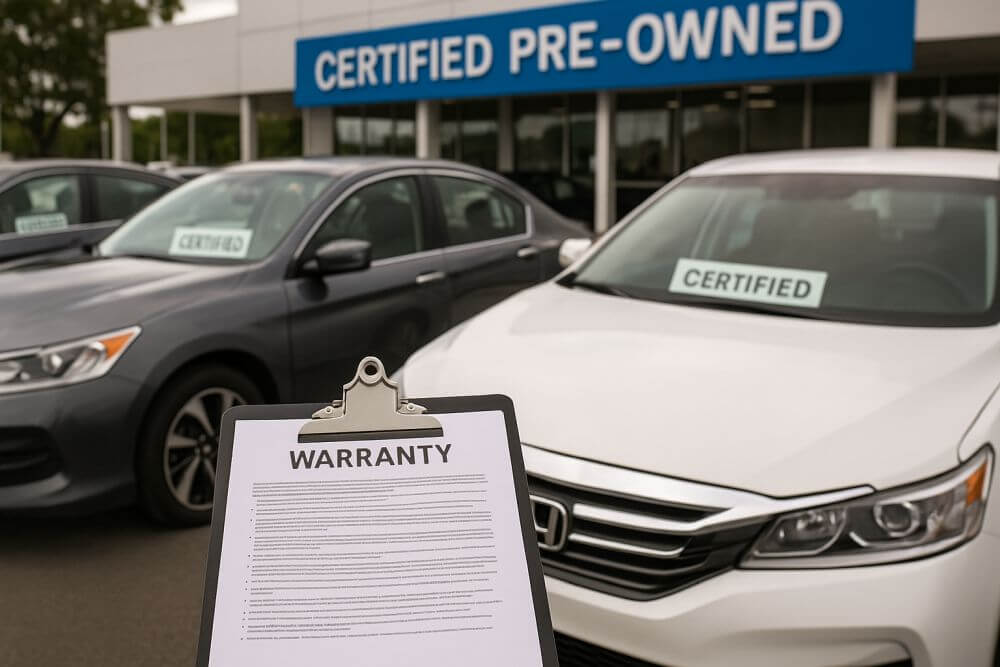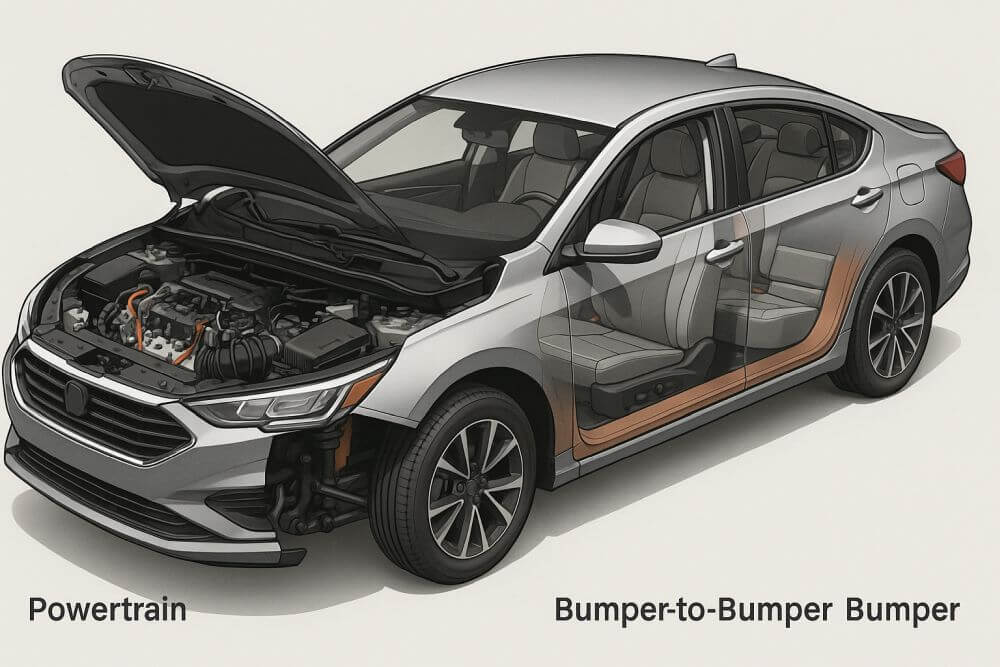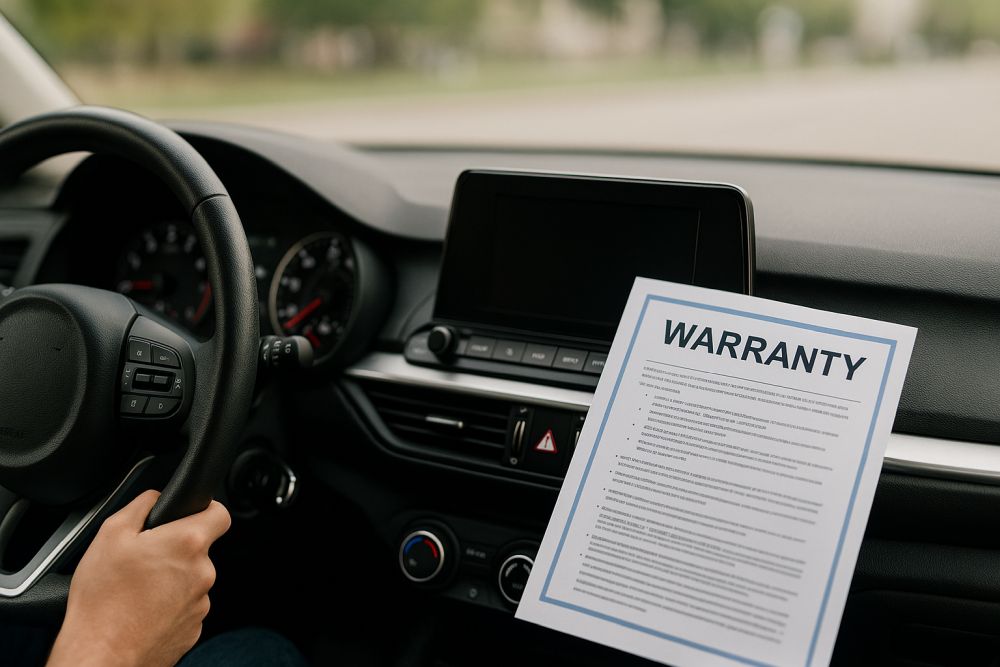Buying a used car can be an exciting yet daunting process, especially in Virginia where the market is vast and varied. While many buyers hope for a good deal, the prevalence of used car scams in Virginia can turn this dream into a nightmare. These scams can lead to financial losses, unsafe vehicles, and a multitude of headaches. Understanding these scams is crucial for any vehicle buyer or owner, particularly those interested in conducting thorough research on a vehicle’s history, specifications, and VIN details. By being aware of these scams and utilizing tools like a search parts by vin, buyers can protect themselves and make informed decisions.
Common Used Car Scams in Virginia
Title Washing
Title washing is a prevalent scam where sellers alter or “wash” a vehicle’s title to remove any branding that indicates significant damage or other issues. If a car has been salvaged, flooded, or rebuilt, these details might be hidden through illegal title modifications, making the car appear clean. In Virginia, this scam often involves transferring the vehicle’s title through different states to exploit varying title laws. To avoid falling victim to title washing, potential buyers should obtain a vehicle history report and verify the title status using a free Virginia license plate lookup.
Odometer Fraud
Odometer fraud involves tampering with the vehicle’s odometer to display a lower mileage than the car has actually traveled. This scam makes the vehicle appear less used and more valuable than it is. In Virginia, odometer fraud is illegal, but it still happens. Buyers should compare the odometer reading with the mileage listed in the vehicle history report and check for any signs of tampering, such as mismatched numbers or scratches around the odometer.
Curbstoning
Curbstoning is a scam where unlicensed dealers pose as private sellers to offload vehicles quickly and without accountability. These sellers often use false addresses or temporary phone numbers, making it difficult to contact them after the sale. In Virginia, curbstoning is illegal, but unlicensed dealers often find ways to circumvent the law. Buyers are advised to meet the seller at their home or place of business and verify their identity through proper documentation. Always request a VIN check to ensure the vehicle’s details match the seller’s claims.
Flood-Damaged Vehicles
Following major storms or floods, Virginia sees a rise in flood-damaged vehicles hitting the market. These vehicles are often sold without disclosure of their water damage, leading to potential mechanical and electrical failures. To avoid purchasing a flood-damaged car, check for signs of water damage, such as musty odors, water stains, or rust under the hood. A comprehensive VIN check can reveal if the vehicle has been registered in flood-prone areas or has a history of flood damage.
How VIN Decoding Can Help Avoid Scams
VIN decoding is a crucial step in the used car buying process. Each vehicle has a unique Vehicle Identification Number (VIN) that provides essential information about the car, including its make, model, year, and manufacturing details. By decoding the VIN, buyers can verify whether the car’s details match the seller’s description, ensuring transparency and accuracy. A thorough VIN check can also reveal any hidden issues such as recalls, accidents, or liens, which are common red flags in used car scams.
Call to Action
For anyone in the market for a used car, conducting a thorough VIN check is crucial to avoid scams and make an informed purchase. We recommend using VinCheckPro’s free VIN decoder to access comprehensive vehicle history reports and ensure peace of mind. Visit VinCheckPro’s free VIN decoder and start your search today.
Frequently Asked Questions (FAQ)
What should I do if I suspect a used car scam?
If you suspect a used car scam, gather all documentation and contact the Virginia Department of Motor Vehicles (DMV) for guidance. You can also report fraudulent activities to the Federal Trade Commission (FTC) or local law enforcement.
How can I verify a vehicle’s title status in Virginia?
You can verify a vehicle’s title status by obtaining a vehicle history report through a VIN check. This report will provide insights into the car’s title history, including any branding such as salvage or rebuilt titles.
Are there legal protections for used car buyers in Virginia?
Yes, Virginia has various consumer protection laws to safeguard used car buyers, including regulations against odometer fraud and curbstoning. Buyers should familiarize themselves with these laws and utilize available resources to ensure a fair transaction.
How does a VIN check help with odometer fraud?
A VIN check provides access to the vehicle’s historical mileage records, allowing buyers to verify if the current odometer reading aligns with past reports. Discrepancies in mileage can indicate potential odometer tampering.
Can a VIN check reveal flood damage?
Yes, a VIN check can indicate if a vehicle has been registered in areas prone to flooding or if it has a history of flood damage. This information is vital to avoid purchasing a flood-damaged car.


